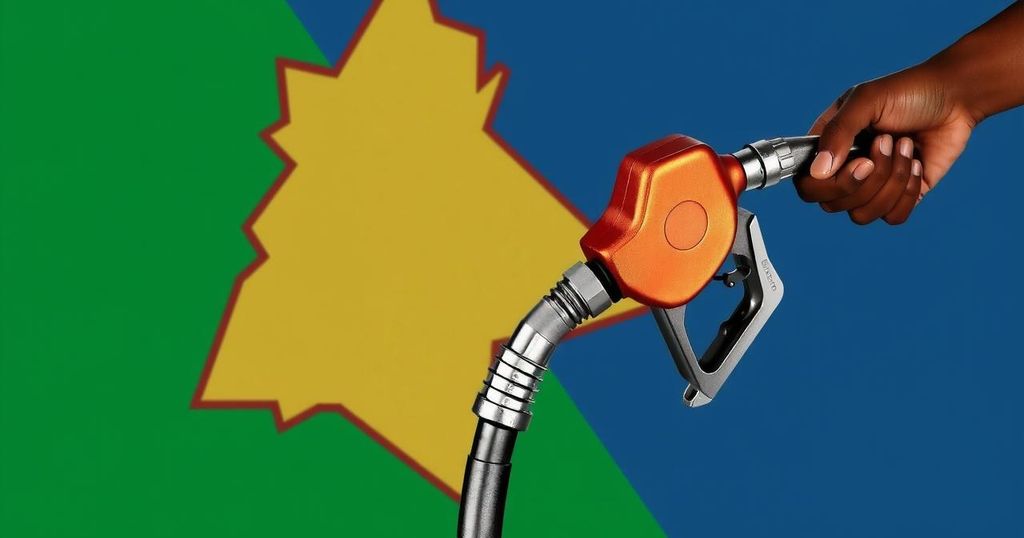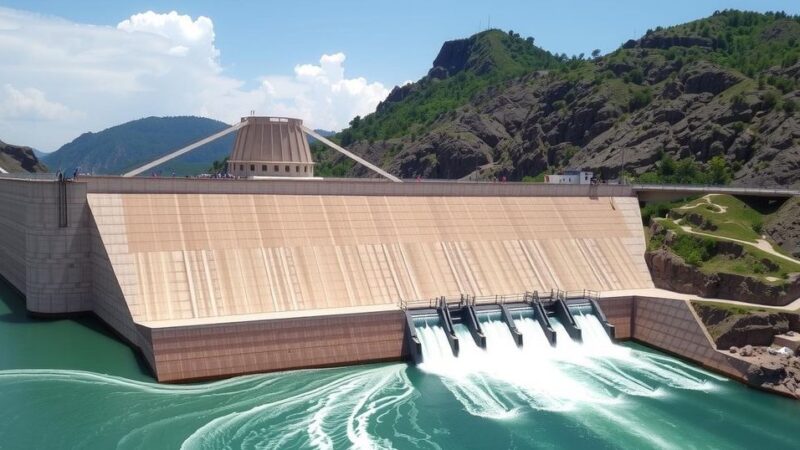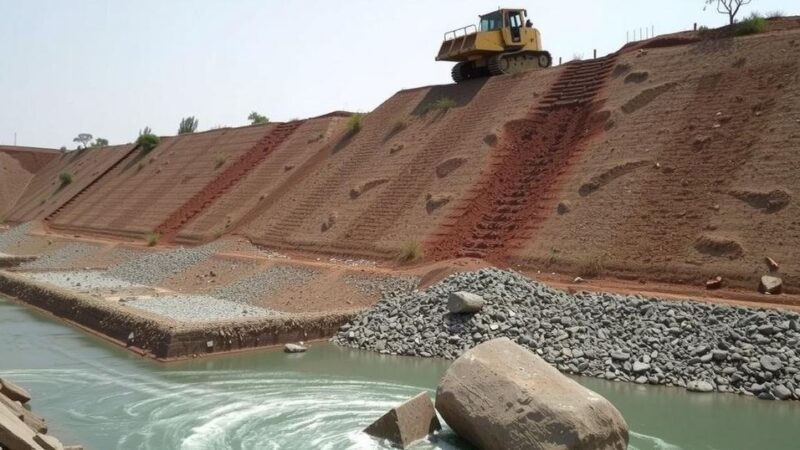The South Sudan Revenue Authority has suspended a controversial fuel levy meant for petroleum imports from Kenya after widespread complaints from businesses and NGOs. The E-petroleum Accreditation Permit fee, which was implemented in March 2024, faced backlash for increasing fuel costs and disrupting humanitarian aid. SSRA’s recent communication has requested the removal of all associated charges, citing negative impacts on market prices, while promising to cover any necessary costs involved.
South Sudan’s Revenue Authority (SSRA) has decided to suspend the contentious E-petroleum Accreditation Permit fee on petroleum products intended for Juba, following extensive criticism from businesses and humanitarian organizations. This fee, which commenced in March 2024, has faced backlash from various stakeholders for exacerbating the financial strain on an already fragile South Sudanese economy. The enforcement of this levy significantly contributed to increased fuel prices, thereby raising concerns amongst international aid agencies about potential disruptions to vital humanitarian supplies entering South Sudan. The fee was introduced by a private venture consisting of Crawford Capital International Ltd and its local partner, Capital Pay Ltd, tasked with collecting the levy at Kenyan exit points, including Eldoret, Nakuru, Kisumu, and Mombasa. This arrangement has been criticized, with allegations of extortion against the implementers through excessive fees for the mandatory accreditation needed to export fuel. On October 5, 2024, the SSRA communicated with the Ministry of Information, requesting the immediate abolition of all charges related to the Trade Accreditation Permit, thereby reaffirming that the associated certificate must remain free of charge in light of its adverse impact on commodity pricing. SSRA Commissioner for Corporate Services, Daniel Kon Ater, indicated the government’s commitment to covering the costs of the required services as per a prior agreement related to the provision of essential food supplies to South Sudan. Originally set at $0.05 per litre, the fee had been decreased to $0.03 per litre by Crawford Capital in response to the mounting pressure. This added levy could accumulate to approximately $1,944 for a standard truck transporting 36,000 litres of fuel. The revenue from the permit was primarily allocated for maintaining the operations of Crawford Capital, which had been appointed by the South Sudanese government to manage customs processing and revenue collection for fuel imports. The Kenya Revenue Authority reiterated Crawford Capital’s role in these processes, further solidifying the joint venture’s position amidst the dispute, although the High Court has previously ruled against halting the fee’s implementation.
The implementation of the E-petroleum Accreditation Permit fee was part of an initiative aimed at regulating fuel exports to South Sudan from Kenya. However, the levy’s introduction led to substantial dissent from various stakeholders, including fuel importers, transporters, and humanitarian organizations. The protest against the levy was predicated on the assertion that it was not only unlawful but also detrimental to South Sudan’s economic stability, particularly by increasing the cost of fuel imports, which directly impacts market prices and the availability of humanitarian assistance. The controversy was further intensified by the involvement of Crawford Capital International Ltd, which was accused of exploiting this levy for profit rather than for regulatory purposes. The SSRA’s decision to suspend the fee reflects a broader recognition of the economic pressures facing South Sudan.
In conclusion, the South Sudan Revenue Authority’s suspension of the E-petroleum Accreditation Permit fee underscores the significant backlash that arose from its implementation and the urgent need to alleviate economic burdens on businesses and humanitarian operations within South Sudan. Amid allegations of exploitation surrounding the fee collection process by Crawford Capital, the government has pledged to manage related costs directly while emphasizing the importance of free certification to ensure economic stability. This decision may pave the way for improved relations between the South Sudanese government, local businesses, and international aid organizations, fostering a more conducive environment for essential supplies to flow into South Sudan.
Original Source: www.theeastafrican.co.ke







